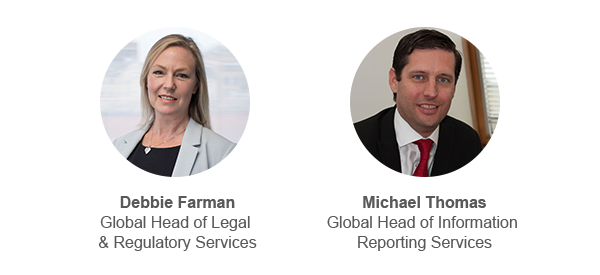Economic substance health check for multinational companies

In 2017, the European Union released its first “blacklist” of tax jurisdictions that had failed to meet good tax governance standards. Since then, the EU has continued to make assessments and update the list, which has had profound effects on tax laws around the world.
Many low- and zero-tax jurisdictions outside the EU — such as the British Virgin Islands (BVI), Cayman Islands and Crown Dependencies — have introduced so-called economic substance laws to avoid EU blacklisting. If your organization has a legal presence in one or more of these jurisdictions, in particular for the purposes of holding intellectual property, you need to understand and comply with related economic substance legislation without further delay.
The stakes couldn’t be higher. Non-compliance can lead to fines on an entity and ultimately being struck off the local company registry. Even entity directors are at risk, not only of personal fines but in some cases of imprisonment.
This webinar provides a foundation for giving your multinational organization an economic substance health check so you can protect your bottom line, your directors and your reputation. Here are some of the topics our experts will cover:
- Background on the EU’s blacklisting efforts to curb unfair tax competition
- The basics of economic substance legalisation, and how some laws differ from others across jurisdictions
- How your tax structure and/or operations may have to change to comply with economic substance laws
- Case studies highlighting potential risks of non-compliance and actions that can be taken to resolve them
Presented by:

The contents of this article are intended for informational purposes only. The article should not be relied on as legal or other professional advice. Neither Vistra Group Holding S.A. nor any of its group companies, subsidiaries or affiliates accept responsibility for any loss occasioned by actions taken or refrained from as a result of reading or otherwise consuming this article. For details, read our Legal and Regulatory notice at: https://www.vistra.com/notices . Copyright © 2024 by Vistra Group Holdings SA. All Rights Reserved.


